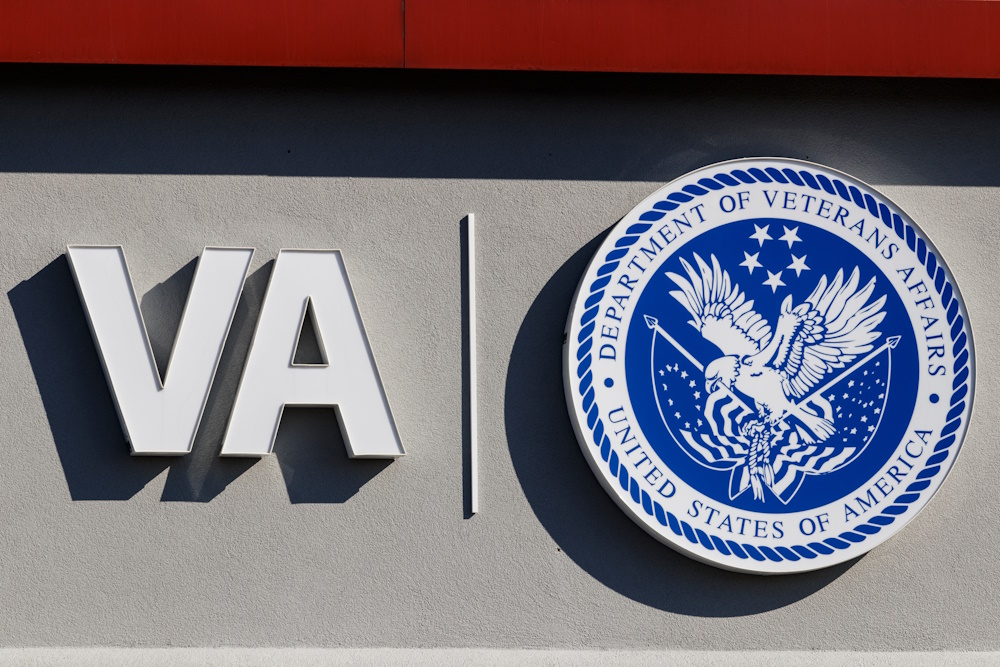Definition
In the context of VA benefits, Child Education refers to financial assistance or benefits provided by the Department of Veterans Affairs to support the educational pursuits of eligible children of veterans. This can include coverage for tuition, books, fees, housing, and other education-related expenses. Such benefits are typically offered through programs like the Post-9/11 GI Bill, Survivors’ and Dependents’ Educational Assistance, and the Marine Gunnery Sergeant John David Fry Scholarship.
Key Takeaways
- The VA child education benefit, also known as the Dependents’ Educational Assistance (DEA) program, provides financial assistance to qualified dependents of veterans who are permanently and totally disabled due to a service-related condition or who died while on active duty or as a result of a service-related condition.
- Eligible beneficiaries of child education benefits can receive up to 36 months of financial assistance, which can be used towards various educational and vocational programs, including college degree and certificate programs, apprenticeships, on-the-job training, and correspondence courses.
- To receive VA child education benefits, dependents must be between the ages of 18-26, though some exceptions can be made for dependents who are permanently disabled or face other unique circumstances. The VA requires that an application for these benefits be submitted, which includes submitting documents to verify the relationship between the dependent and the veteran.
Importance
The VA benefits term: Child Education is important because it refers to crucial educational support and financial assistance provided by the Department of Veterans Affairs to the dependent children of qualifying veterans, active-duty service members, and survivors.
This assistance plays a significant role in ensuring these children have access to quality education and helps to offset the costs associated with higher education or vocational training programs, providing them with enhanced opportunities for personal and professional growth.
By offering a comprehensive suite of benefits, such as scholarships, tuition assistance, and education counseling, Child Education strengthens the commitment of the government to support military families and contribute to the future success of their children.
Explanation
The purpose of Child Education benefits within the realm of VA benefits is to provide financial assistance and support for the children of veterans, active-duty service members, and as well as those who have lost their lives in the line of duty. These benefits act as a means of ensuring that the educational needs of the children are met, in recognition of the sacrifices made by the military personnel and their families.
The objective is to contribute to the overall well-being of the community and the families of those who have served the nation, fostering opportunities for the future generations to succeed academically and professionally. VA Child Education benefits encompass a wide range of assistance programs and financial support, such as scholarships, educational stipends, and tuition assistance, to facilitate the pursuit of educational opportunities by the children of veterans.
These programs help ease the financial burden on the family and enable the children to access quality education without being hindered by economic constraints. Some of these education benefits are provided under the Survivors’ and Dependents’ Educational Assistance (DEA) program, while others may be found through individual state programs.
Overall, the Child Education benefits aim to honor and thank our service members by investing in their children’s future, providing them with the tools necessary to fulfill their educational aspirations and forge a successful path in life.
Examples of Child Education
The VA Benefits term “Child Education” refers to the education benefits and financial assistance provided by the Department of Veterans Affairs (VA) to the children of veterans. These benefits aim to support the children’s education and help them achieve their goals. Here are three real-world examples:
Survivors’ and Dependents’ Educational Assistance (DEA) Program – Chapter 35: This program provides education and training opportunities to eligible children of veterans who have permanent and total service-connected disabilities or died while on active duty. Children who qualify for this program can receive financial assistance for college, vocational, technical or correspondence school education, and apprenticeships.
Marine Gunnery Sergeant John David Fry Scholarship: This scholarship provides Post-9/11 GI Bill benefits to the children of service members who died in the line of duty after September 10,
Eligible children can receive financial assistance for tuition, books, and housing while attending an eligible college, university, or trade school.
State-specific education benefits: Many U.S. states have additional education benefits for the children of veterans. For instance, in Texas, the Hazlewood Act provides tuition exemption for eligible children of Texas veterans who died in the line of duty, suffered a service-related disability, or served during specific periods of time. Similar programs can be found in other states, offering tuition assistance, scholarships, or grants to help cover educational expenses for eligible children of veterans.
FAQ – Child Education VA Benefits
What is the Child Education VA Benefit?
The Child Education VA Benefit helps eligible dependents of veterans to receive financial assistance for education and training programs. This benefit is available through programs like the Post-9/11 GI Bill, the Fry Scholarship, and the Survivors’ and Dependents’ Educational Assistance (DEA) program.
Who is eligible for Child Education VA Benefits?
Eligible dependents include children of veterans who are: permanently and totally disabled due to a service-related condition, missing in action, detained by a foreign government, have died while on active duty or as a result of a service-connected disability, or who qualify for the Fry Scholarship.
What types of education programs are covered under the Child Education VA Benefits?
The Child Education VA Benefits cover various education programs, such as undergraduate and graduate degree programs, vocational or technical training, apprenticeships, on-the-job training, and more. Additionally, some programs may also support educational counseling, tutoring, and test fee reimbursements.
How long do the Child Education VA Benefits last?
The duration of the Child Education VA Benefits depends on the specific program. For example, the DEA program provides up to 36 months of benefits, while the Post-9/11 GI Bill offers up to 36 months of benefits for full-time students, or the equivalent for part-time students. The Fry Scholarship provides up to 36 months or 100% coverage of tuition and fees, depending on the institution and program.
How can eligible dependents apply for Child Education VA Benefits?
Eligible dependents can apply for Child Education VA Benefits online, by mail, or in person at a VA facility. They will need to submit the appropriate application forms, along with any necessary supporting documentation, such as the veteran’s Certificate of Eligibility, discharge papers, and dependency records.
Related VA Benefit Terms
- Post-9/11 GI Bill
- Dependents Educational Assistance (DEA)
- Fry Scholarship
- Yellow Ribbon Program
- Survivors’ and Dependents’ Educational Assistance (SDA)
Sources for More Information
- U.S. Department of Veterans Affairs – Education and Training
- GI Bill – Education Benefit Programs for Veterans and Their Families
- Military OneSource
- National Association of Veterans’ Program Administrators (NAVPA)
 Benefits.com Advisors
Benefits.com Advisors
With expertise spanning local, state, and federal benefit programs, our team is dedicated to guiding individuals towards the perfect program tailored to their unique circumstances.
Rise to the top with Peak Benefits!
Join our Peak Benefits Newsletter for the latest news, resources, and offers on all things government benefits.


















